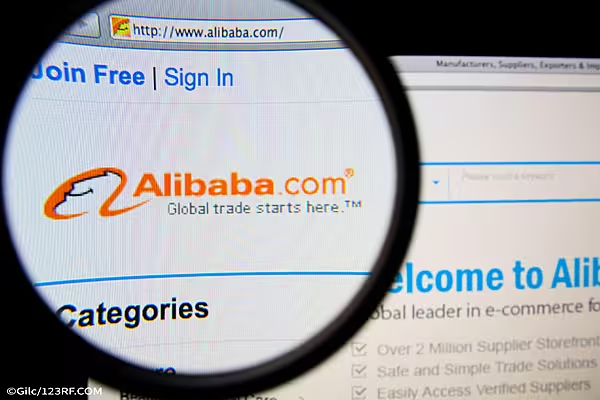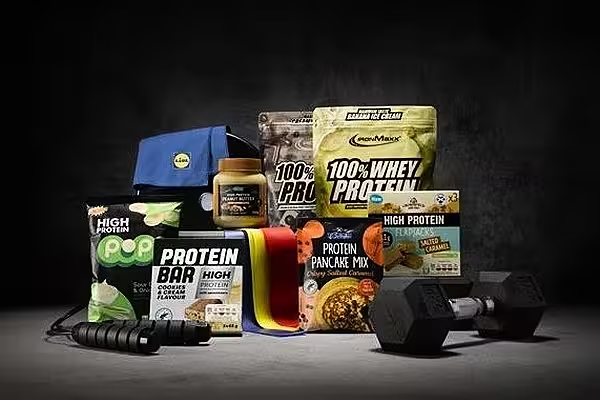Mainstream brands in the UK are not using all the tools offered to them by online retail platforms, and thus risk missing out to private labels and disruptor brands, a new study by Gartner has found.
The study, which formed part of Gartner's L2 Digital IQ Index, examined the digital performance of 90 brands across 12 categories in the UK food sector.
It noted that just 15% of these so-called Index brands offer a direct-to-consumer sales platform, meaning that pure-play online retailers such as Amazon and Ocado, as well as the e-commerce platforms for retailers such as Sainsbury's and Tesco, are a 'crucial component' of a brand's online success.
Therefore, it notes, product placements are a 'useful tool in a brand's arsenal' to boost visibility.
'Sponsored Brands'
On Amazon, for example, the brands featured in the study invest in the online giant's Sponsored Brands platform, to own 28% of the marketplace, however, some brands are embracing this platform more than others.
As Gartner's research found, brands over-index in the canned foods, flavourings and cereals categories on Amazon, with investment stemming from just a few brands, such as Knorr and Quaker.
Quaker's sponsored brands, for example, appear for nearly 70% of non-branded keywords such as 'cereal', 'porridge' and 'oats', which has led the brand to be one of the best-selling in its category.
On Sainsbury's platform, meanwhile, which launched a similar 'Sponsored Products' vehicle in 2018, major brands tend to focus on some specific categories, namely ice cream, where Magnum over-indexes, Gartner found. The Unilever brand now owns 80% of all sponsored products in its category, which in turn is complemented by call-outs in primary navigation and via a branded banner.
Missing Out
The study also found that traffic to Index brands' websites has declined 7% year-on-year, with a 'negligible amount' stemming from recipe keywords.
It found that recipe content on sites accounts for just 6% of total page views, despite 59% of the brands in the study offering recipe sections on their websites.
'Given recipe sections’ low page views, brands should repurpose the content to recipe sites, retailers and news outlets,' Gartner suggests. 'Brands can benefit from their greater reach and visibility, boosting second-order search visibility and driving a larger return on investment.'
In addition, the study also suggested that brands are losing out to private labels by not taking ownership of key health-related keywords on e-commerce platforms.
'Retailers are already leveraging this tactic; Sainsbury’s and Tesco are among the retailers that launched private-label vegan products in 2018 to claim a share of a market expected to climb 26% by 2021 to reach £932 million,' Gartner said. 'Currently, Index brands fail to optimise content for health-related keywords, leaving retailers to push their private labels and other brands in Google Shopping ads.
'Brands that reposition relevant products to align with consumer trends will be able to secure some quick wins in search,' it added.
© 2019 European Supermarket Magazine – your source for the latest retail news. Article by Stephen Wynne-Jones. Click subscribe to sign up to ESM: The European Supermarket Magazine.














